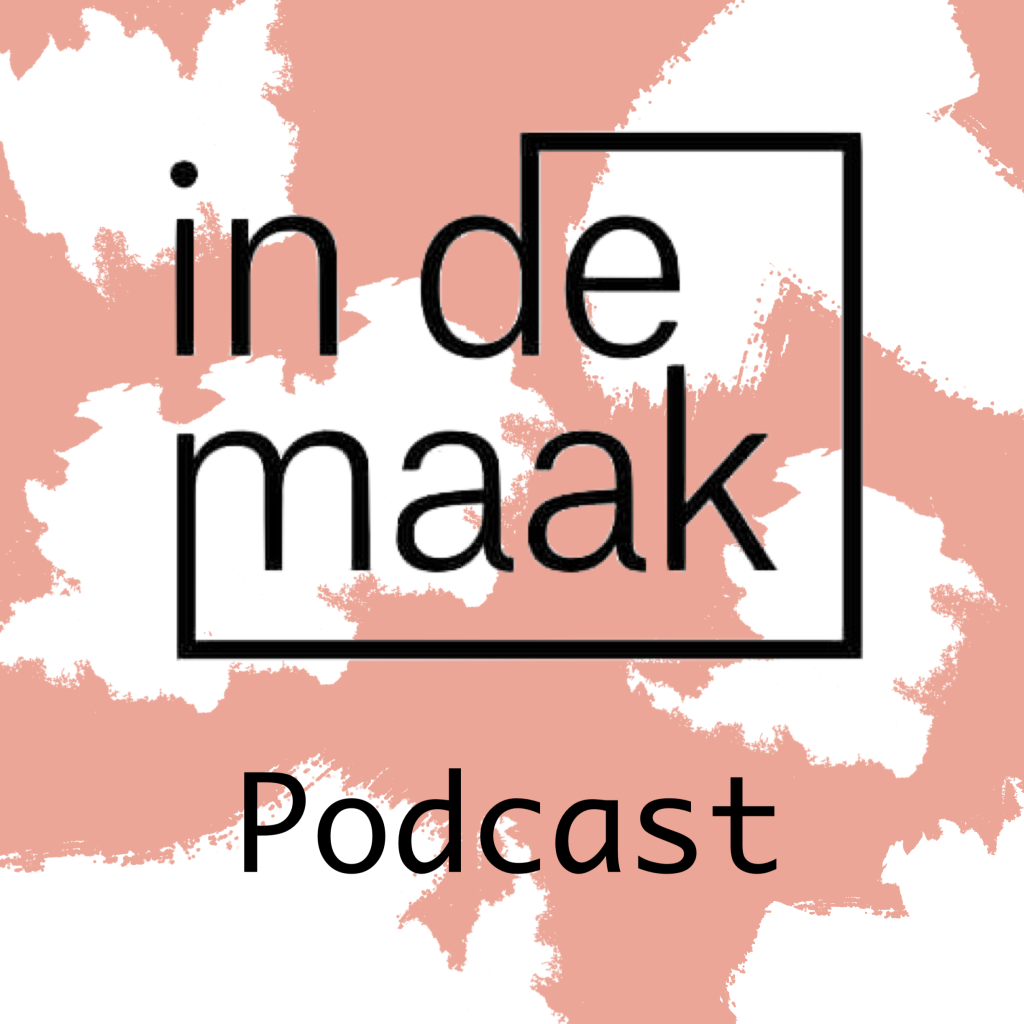The current global pandemic has influenced every aspect of our lives, including the way in which we consume (performing) arts. Forced to move to a digital space, festivals and performing arts have had to adapt, or even change their format completely. This new configuration, however, has brought along many new challenges. Some prevailing questions remain: How does one create and curate an online performing arts festival whilst remaining true to its ultimate agenda: forming connections and cultivating dialogues? Adapting to a digital space, thus, poses a vital, yet difficult question not only to artists but to curators as well: in a field that relies so heavily on physical presence — how does one interact and connect with an audience in a digital setting?
Group project: extending the digital festival experience
Throughout our project we have gotten to witness how platform “In De Maak” adjusted its format to fit current Corona-related restrictions, creating an immersive hybrid festival format. Instead of live performances, the audience got to experience various artworks in digital format during a city walk, whereby they followed a map that led them to a multiplicity of QR codes. When scanned, each QR revealed a new artwork in a digital format. For us as a group, finding the right format to add something relevant and sustainable to the project was crucial.
After careful consideration, we opted for the creation of audio profiles for each individual maker/group of makers. The main idea was to introduce the artists engagingly, adding another dimension to their profiles. The audio profiles brought to life the voice(s) of the maker(s) before, during, and/or after the festival walk. The series of 15 short podcast episodes represents an alternative way to meet the artists behind the festival and the artworks. In each episode, the maker(s) answered a set of 8 questions they chose from a list of 15 previously provided questions, with the exception of 2 mandatory questions we chose for the sake of consistency. With the selection of different questions, as well as the manner in which they chose to address them, the artists brought themselves forward in a way that is not only representative of them as artists, but as people as well.
Audio brochure: the future of the festival experience?
It is inevitable that certain novelties brought about by the necessity to go digital will remain even after the pandemic is over. With an increasing need for innovative solutions to keep the audience engaged and stimulated, audio-style brochures like ours, may eventually replace the old-style written-out brochures.
Podcasts have the potential of becoming a vital medium in the performing arts industry/sector. An audio profile of the artist, the historical background of the play, the story, or elementary references… You name it. The options are as infinite as the creativity of podcast producers. What would you think of a podcast that travels with the performance and is made available to the audience beforehand? No more poor quality flyers at the entrance of the theatre, that you quickly scan through before the lights go down. And you probably didn’t read that long e-mail with background reading sent out by the theatre yesterday.
The podcast serves all this info on a silver platter. Are you cooking before tonight’s performance? Why don’t you put on the podcast and discover the dance company’s unique preparation process? Or are you cycling to the theatre? Why don’t you put on the podcast and learn something about the play’s first performance back in the 19th century?
Challenges
However, it is not as simple as it seems. The principal challenge of this medium is its accessibility. The internet generation has the required skill set to navigate themselves to the podcast. They would only need an extra QR-code on their theatre ticket to access it. The challenge lies with the elderly, who might benefit most from this audio format. How will this online content be brought to their attention? Or how can the theatre present it without the technological burden?
It is undoubtedly the case that the shift towards the digital festival experience brings about many challenges, including the threat to an interactive experience for/with an audience, accessibility issues, as well as matters regarding financial sustainability. That being said, this shift has resulted in many creative and innovative solutions that have opened up numerous possibilities. For instance, going digital allows for a significant expansion of the festival community, both in terms of organization and curation, as well as the audience. In addition, the necessity to think creatively in order to provide the most immersive and interactive experience with the audience as possible may have proven to be a milestone for the future festival experience. One must wonder how the way in which we experience festivals, as well as performing arts will change after Corona. What will this shift to “normality” look like? What will this new “normality” look like? What tools and methods with regards to festival/performing arts experience might stick around even after this period is over? Will, perhaps, audio brochures be one of them?
Facebook: @platformindemaak
Instagram: @platformindemaak
